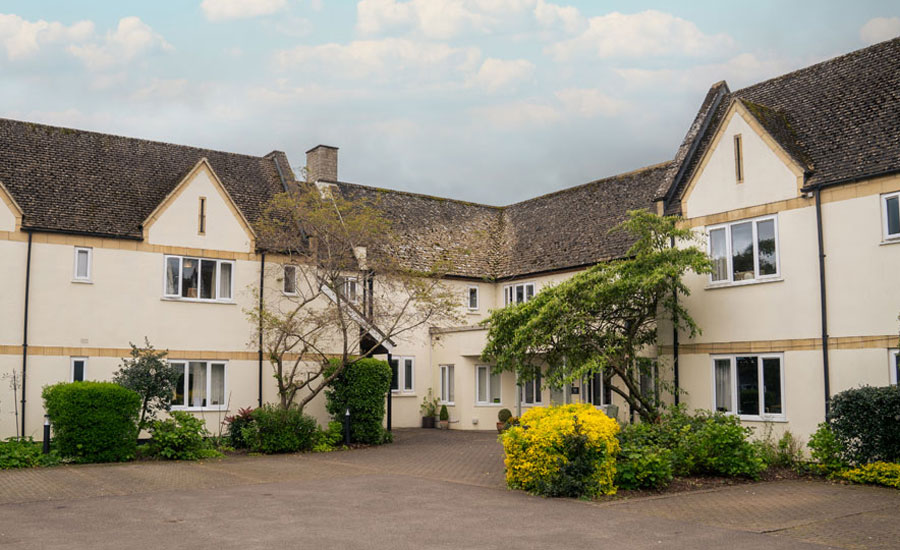How Well-Trained Are Care Home Staff? What You Need to Know

If you’re in the process of moving your loved one into a care home, there are some things you need to take into account. One of the most important aspects is the care staff. Are they qualified to care for your relative?
Keep reading as we examine the types of training care home staff undergo and why it is necessary for providing high-quality, compassionate care.
What Types of Training Do Care Home Staff Undergo?
Care home staff receive training in the following areas:
1. First aid, infection control and safe moving and handling skills ensure safety and hygiene.
2. Developing empathy, active listening and understanding non-verbal cues to provide emotional support.
3. Administering medications safely, following protocols and monitoring residents for side effects.
4.Techniques for managing memory loss, challenging behaviours and creating a safe environment.
5. Understanding dietary needs, including allergies, swallowing difficulties and preparing balanced, nutritious meals.
6. Recognising and supporting residents with anxiety, depression or loneliness.
7. Providing compassionate, dignified support for residents and their families.
8. Regular updates on care standards, new techniques and specialised certifications to meet evolving needs.
How Do Care Staff Support Complex Needs?
Here’s how specialised training makes a difference:
Dementia Care
Dementia care training gives staff the tools to support residents experiencing memory loss, confusion or challenging behaviours. Techniques such as using familiar routines, incorporating music, managing agitation and creating calm, structured environments are key to helping residents feel safe and understood.
Mental Health Support
Many older adults face challenges like loneliness, anxiety or depression. Training in mental health awareness lets staff recognise the signs, provide emotional support and engage residents in activities that boost their mood and overall well-being.
End-of-Life Care
Providing care at the end of a resident’s life requires compassion and sensitivity. Palliative nurses usually train staff to ensure residents are comfortable, provide emotional support to families and create an environment of dignity and peace during this difficult time.
Managing Physical Disabilities and Mobility Issues
Many residents have physical challenges that come with age, so staff learn safe techniques to assist with mobility, reduce fall risks and encourage gentle activity to maintain independence. This creates an environment where residents feel confident and supported.
Nutrition and Dietary Needs
Specialised training ensures that carers thoroughly understand specific dietary needs, whether preparing meals for residents with allergies or providing texture-modified food for those with swallowing difficulties, making sure mealtimes are safe and enjoyable.
Medication Management
Staff are trained to safely administer medications, monitor for side effects and follow strict protocols. They also work alongside local GPs and specialists to make sure treatment plans are up-to-date and effective.
The Importance of Ongoing Training in Care Homes
Training doesn’t stop after learning the basics, so ongoing education is a must to ensure care home staff are able to meet new challenges, adapt to residents’ evolving needs and perform high standards of care.
With the care sector constantly evolving, regular training helps staff stay updated on the latest techniques, such as improved approaches to dementia care or advanced infection control measures.
Continuous training also builds staff confidence. When carers feel prepared and knowledgeable, they can handle situations calmly, whether in an emergency or providing support in sensitive situations. As a family member, knowing their loved ones are in safe hands is also extremely reassuring.
Ongoing training also ensures that care homes are prepared for emerging challenges. Whether integrating new technologies or responding to public health concerns, regular education helps homes stay proactive and adaptable. It fosters a culture of excellence, where staff feel valued and motivated, families trust the care provided and residents experience a settled, safe and supportive environment.
How Training Impacts Residents’ Lives
A Few Benefits of Well-Trained Staff:
- Safety first – Staff trained in mobility assistance, medication administration and emergency response create an environment where residents feel secure and protected.
- Personalised care – Specialised training helps carers adapt to each resident, whether it’s dementia support, mental health care or custom nutrition plans.
- Improved well-being – Carers can provide physical care and emotional support, promoting residents’ dignity, respect and happiness.
- Stronger connections – Learning effective communication skills means staff can build trusting relationships with residents, creating connections that help them feel valued and seen as individuals.
- Higher quality of life – According to the NIHR, it’s evident that residents in care homes with well-trained staff enjoy a more engaging, supportive environment where they can enjoy their lives.
Care Starts with Training
The training care home staff receive has a direct impact on the quality of life for residents. From safety to personalised care, it ensures residents are always treated with the respect, compassion and understanding they deserve. By asking about training during your care home search, you can feel confident that your loved one is in capable hands.
Ready to explore...
